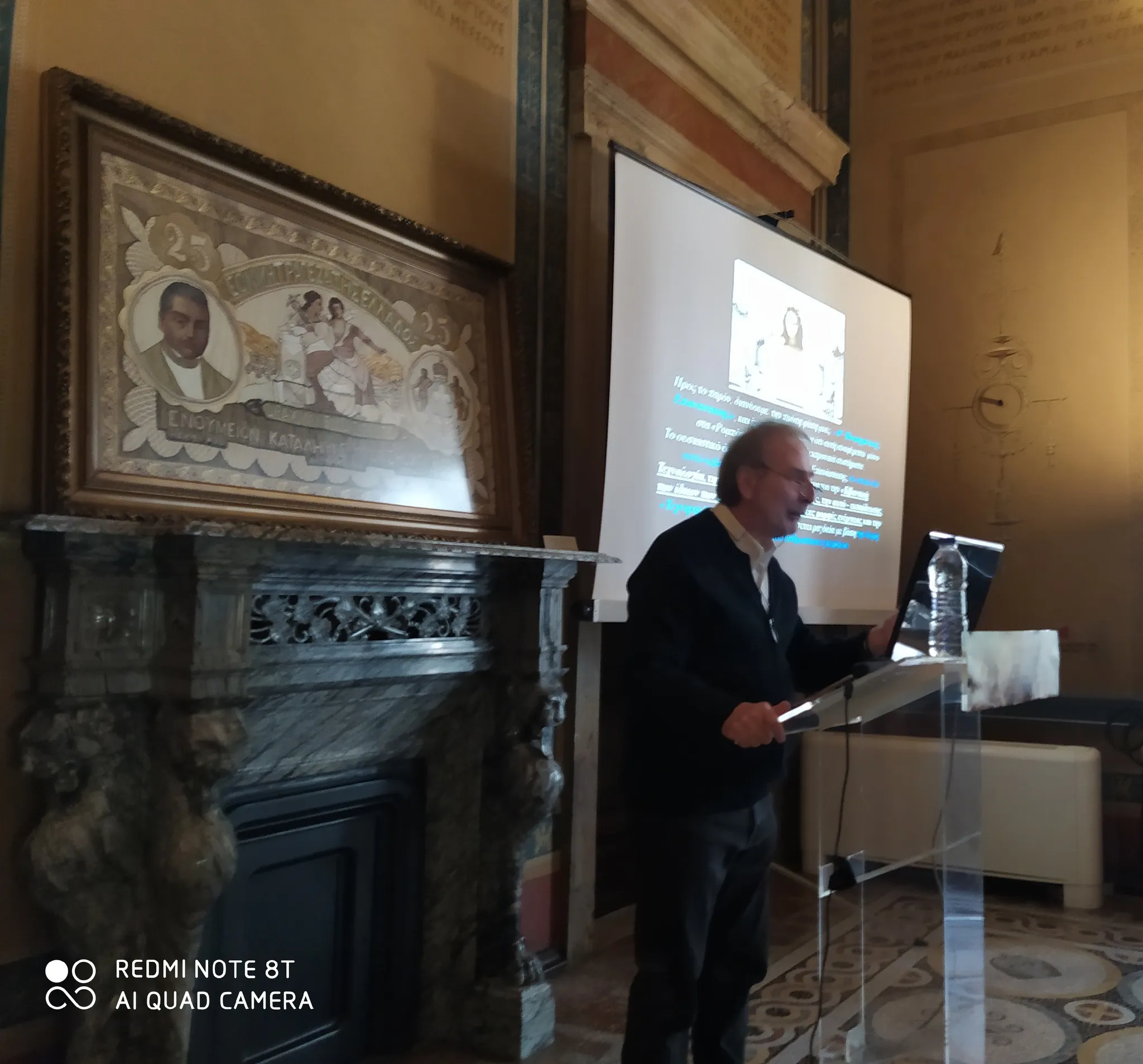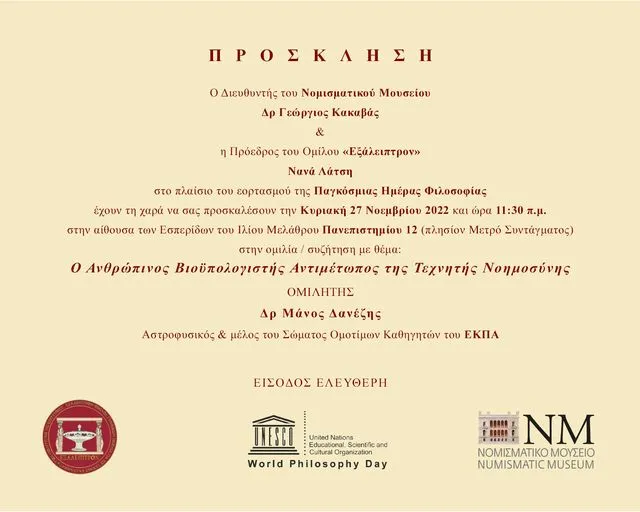Written by Nana Latsi
The 25th of March is a very important day for Hellenism since on the one hand we celebrate the Annunciation of the Virgin Mary, the Archangelic embrace of Gabriel’s Hail, the announcement of the miracle and on the other hand our National Day.
This great religious feast was chosen by our ancestors to touch their hope for the great revolution against the Turks and decided to give their lives so that we could live free.
Among the great heroes of the Revolution were many heroines.
The contribution of women to the Revolution of 21 as well as throughout the Turkish occupation can be described as as important as that of men.
Many Greek women stood out for their bravery, their determination, their patriotism and their sacrifices.
They gave their souls for liberation, whether known and well-off, or anonymous and poor, in the inaccessible mountains, followed their conscience and put their dignity and honor above their lives.
Our folk songs present the woman in a purely male role, the role of the warrior who rushes into battle.
Foreign travelers and diplomats write about those women who did not hesitate when circumstances required them to live with a sword and rifle with the child tied to their backs to fight with such bravery that it caused awe.
Of course at this point I would like to mention that from historians of the time we probably have little information, because society at the time was male-dominated.
However, the women in Suli took part in war councils and knew how to handle weapons very well.
Moscho, the wife of Lambros Tzavela who was born in Souli, led three hundred women and chased the Turks with bare swords, screaming like men, where Ali Pasha rode his horse and left in shame for Giannena.
Despo, the wife of Fotos Tzavela, was a senior officer in the company where her husband had been in charge and received the rank of commander.
Marigo Zarafopoulou. The Archive of Fighters of the National Library reports that Marigo contributed to the Friendly Society.
He gave everything for the fight he was imprisoned, exiled and suffered countless sufferings.
The Greek woman, the manna, the sister, the comrade, the female guerrilla, and the thief’s comrade.
Sometimes by showing their leaf and sometimes disguised as old men, they mow, tear down and fight with incredible ferocity “so as not to give birth to slaves”.
Alefanto was one of the young women of Mesologgi. In men’s clothes, he defied all danger. A fighter, wife and mother, on May 21, when she lost her husband, she was arrested by the Turks along with her daughter and passed martyrdom.
Female presence is everywhere. Camps mixed with men and women.
Women carrying munitions, water and food.
Domna Visvizi from Thrace was following her husband along with their five children in all the war operations and when he died, she took over their briki (Kalomoira) offering her services to the Nation.
The women of Achladocampos and Arcadia, the Tageatses and the Maniacs.
The latter even entered first with their men in Kalamata and raised the flag of the Revolution,
Hariklia Daskalaki writes her own page at arkadi Monastery in Crete.
Margarita Basdeki from Pelion, a 20-year-old peasant girl, raised her stature and won a battle in Makrinitsa.
Stavrianna Savina took part in the siege of Tripolitsa.
The Suliites, the Mesologyites, the Chiotisses and so many other Great, Great Heroines.
Laskarina Bouboulina, the only female member of the Friendly Society who was given the post of Admiral, after having established the frigate Agamemnon, raised her own flag of the Revolution in Spetses on March 21, 1821.
She used all her fortune to fund the Race. She died poor.
Manto Mavrogenous from a wealthy family of Trieste allocated all her property to the Struggle and equipped a fleet. He was honored by Kapodistrias with the rank of Lieutenant and died poor as did Bouboulina.
In closing I borrow the lyrics of our National poet Dionysios Solomos
Soul big and sweet, I’m happy to tell you
I admire our women and in their name I remember.
















